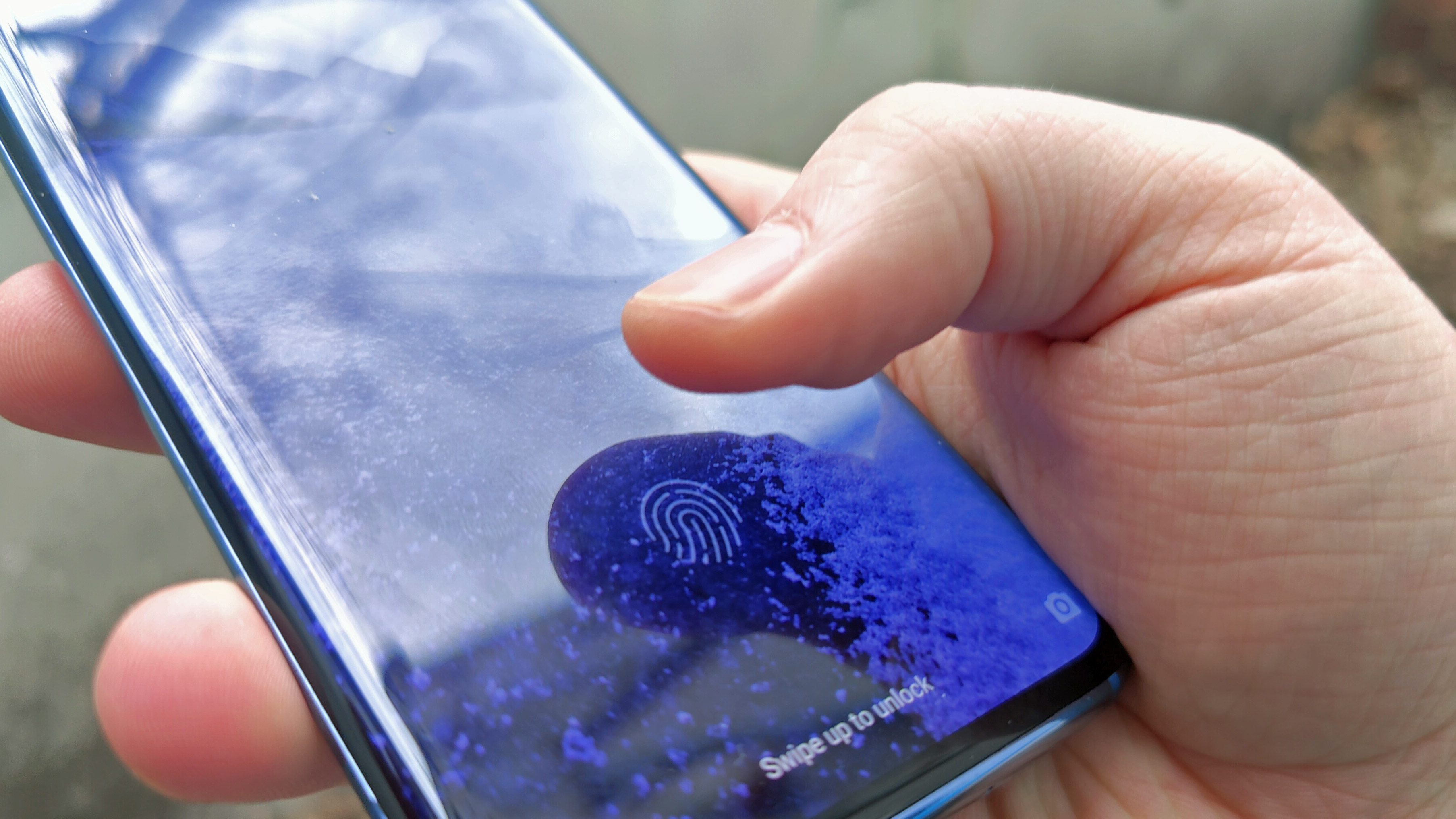Android phones will get faster and bigger in-screen fingerprint scanners in 2021
Fixing the big problems

Rear-mounted, side-mounted, in-screen; different phone users like their fingerprint scanners in different places. Each placement has its own benefits, but some would argue that in-screen sensors could do with improvements, and a new technology may be here to make that a reality.
In screen fingerprint sensors are slower and less reliable to use than their counterparts, but that may be set to change. Qualcomm - best known for its Snapdragon chipsets used in most top-end Android phones - has announced a second-gen version of its own in-screen fingerprint sensor tech.
- These are the best 5G phones
- Check out our iPhone 12 review
- What you need to know about Samsung Galaxy S21
This 3D Sonic Sensor Gen 2, as it's officially called, has a size of 8mm by 8mm - that's quite a bit larger than the 4mm by 9mm size of the first-gen version. It also apparently captures 1.7x the data as before, and therefore is 50% faster than the previous version.
All in all, it sounds like this second-generation take on the in-screen fingerprint sensor could solve lots of problems the placement currently provides.
Who could use it first?
Qualcomm only says that its 3D Sonic Sensor Gen 2 "are expected to debut in mobile devices in early 2021" so we don't know for sure which phones will get it, but it seems likely the upcoming Samsung Galaxy S21 will, purely down to the timings of it all. That phone is set to debut in on January 14.
After that, we could see the fingerprint sensor pop up in the Oppo Find X3, OnePlus 9 and more top-end phones that launch in the year. We likely won't see it in the Xiaomi Mi 11 or Vivo X60, as while those haven't technically launched globally, they have debuted in China. If those phones had the Sonic Sensor Gen 2, Qualcomm wouldn't be talking about a 'debut'.
We'll have to wait and see when we get a glimpse (or touch) of this new in-screen fingerprint sensor to offer a verdict on the new tech, and we'll make sure to test whether it fixes the problems of its type.
Get daily insight, inspiration and deals in your inbox
Sign up for breaking news, reviews, opinion, top tech deals, and more.
- Stay safer on your phone with the best Android VPN

Tom Bedford joined TechRadar in early 2019 as a staff writer, and left the team as deputy phones editor in late 2022 to work for entertainment site (and TR sister-site) What To Watch. He continues to contribute on a freelance basis for several sections including phones, audio and fitness.